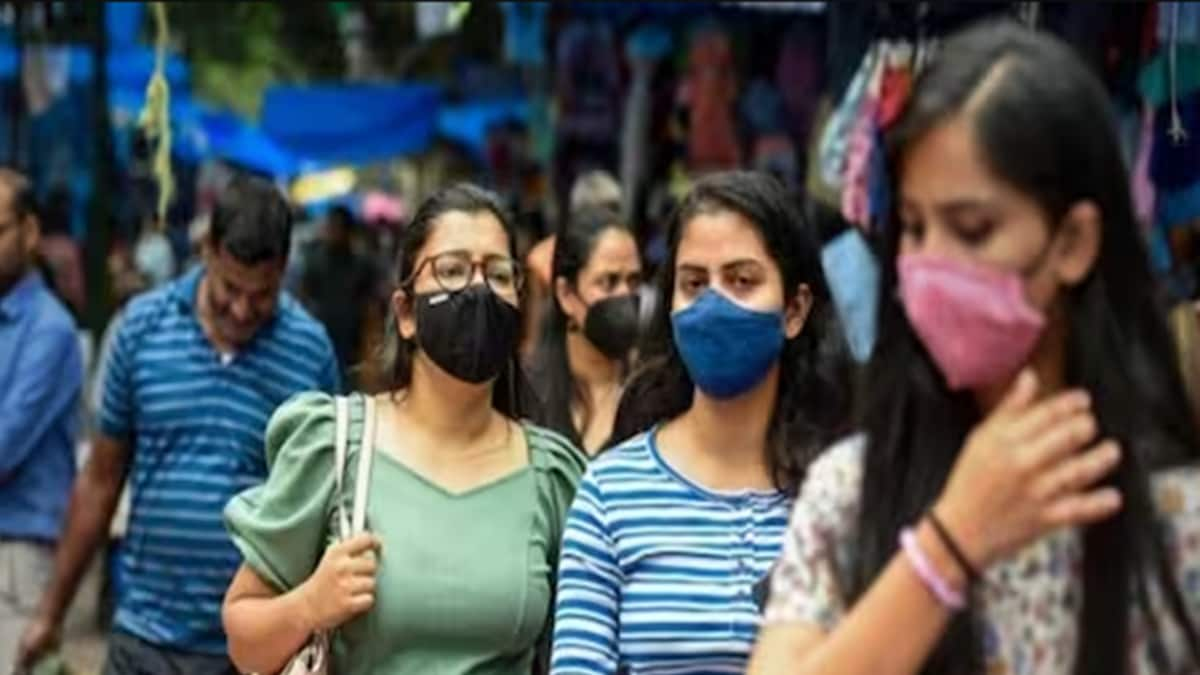Empowering Rural Women: Digital Naari’s Approach to Financial Inclusion
In India, women represent almost half of the population, yet their economic contributions remain limited, contributing only 18% to the GDP. This stark gender disparity is a major obstacle to achieving India’s economic goals, particularly the ambition to reach a $7 trillion economy by 2030. Closing this gap requires a comprehensive focus on empowering women, especially in rural and semi-urban regions, where their potential is largely untapped.
Initiatives promoting financial inclusion and enabling self-sustaining livelihoods are crucial for unlocking the full potential of India’s economy. The key lies in empowering women through various channels beyond traditional employment, including skills development and leadership training. This transformation aims to position women as community influencers and economic enablers, playing a critical role in driving growth.
Digital Naari: Empowering Women as Financial Agents
The Digital Naari program, spearheaded by PayNearby and its Program Director Jayatri Dasgupta, is an initiative focused on fostering financial inclusion through a network of female community influencers. This initiative recognizes the crucial role of women in driving economic development and addresses the preference of women seeking guidance from other women in their community.
Dasgupta emphasizes the importance of building trust, stating that, “Surveys have shown that 90% of women prefer taking life and financial advice from other women in their proximity.” Digital Naari’s strategy focuses on empowering women to become primary banking and digital service providers within their communities, harnessing the power of word-of-mouth and building trust within existing social networks.
Bridging the Gap: Digital Literacy and Support Networks
Digital Naari’s approach aligns with the Government of India’s Lakhpati Didi program, which envisions empowering over 20 million women to achieve financial independence and lift their families out of poverty. This alignment highlights the broader governmental push to create economic opportunities for women.
Digital Naari goes beyond simply providing access to financial services by emphasizing digital literacy and financial education. Participants are equipped with the skills and tools to utilize technology for financial transactions, paving the way for a more digitally inclusive economy.
Overcoming Barriers: Long-Term Capacity Building
The success of Digital Naari relies on consistent engagement and support, recognizing the deep-rooted societal barriers that hinder women’s participation in economic activities. Breaking through traditional limitations necessitates constant capacity building and nurturing. The program focuses on building financial literacy, fostering self-confidence, and establishing a network of support.
This multi-faceted approach aims to address both the technical and emotional hurdles women face. Digital Naari offers guidance on managing finances, leveraging technology, and overcoming traditional norms that restrict economic independence.
Collaborative Impact: A Network of Empowerment
Collaborations are integral to the initiative’s scalability and impact. Digital Naari has partnered with various government agencies, NGOs, microfinance institutions, and self-help groups, bringing together diverse resources and expertise to strengthen the network’s reach.
This collaborative effort has established a network of 57,000 active women, with a total of 1.5 lakh women benefiting from the program. This collective network facilitates transactions exceeding INR 10,000 crores annually, highlighting the transformative potential of empowering women to become agents of financial inclusion.
Takeaway Points
- Empowering women through financial inclusion and digital literacy can be a significant driver of economic growth in India.
- Creating networks of female community influencers, such as Digital Naari, can leverage existing social networks to expand financial services to underserved communities.
- Addressing social barriers that limit women’s economic participation requires long-term capacity building, including financial literacy, confidence building, and supportive networks.
- Collaborative efforts between government, NGOs, and private entities can amplify the impact of initiatives like Digital Naari, reaching a broader segment of the population.
- The success of these initiatives demonstrates the substantial economic contribution women can make when empowered with the right tools and support, unlocking significant potential for India’s economic growth.









